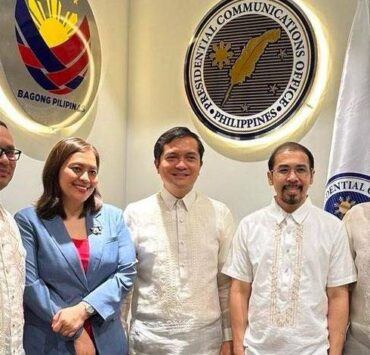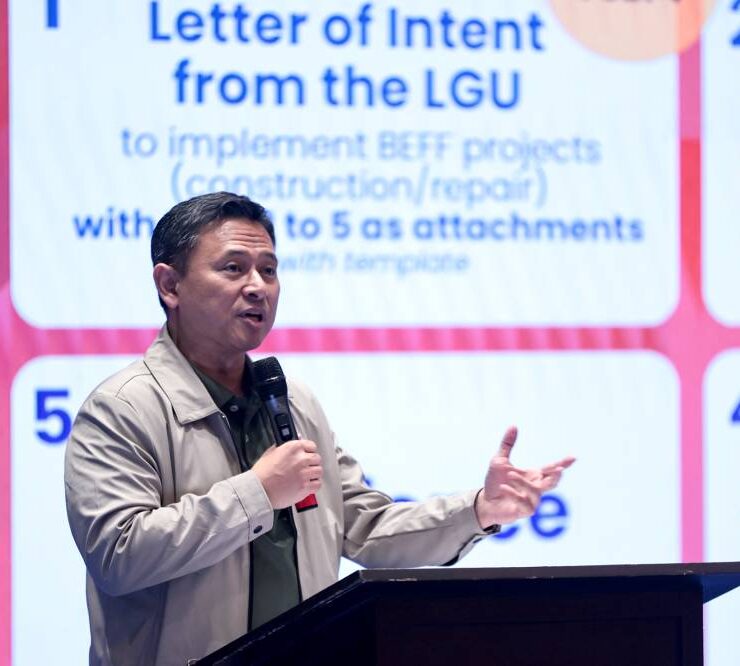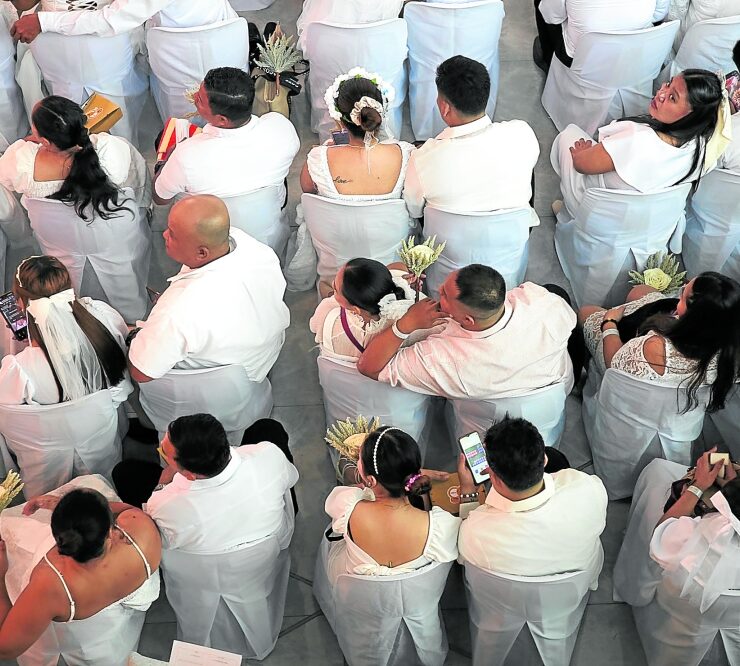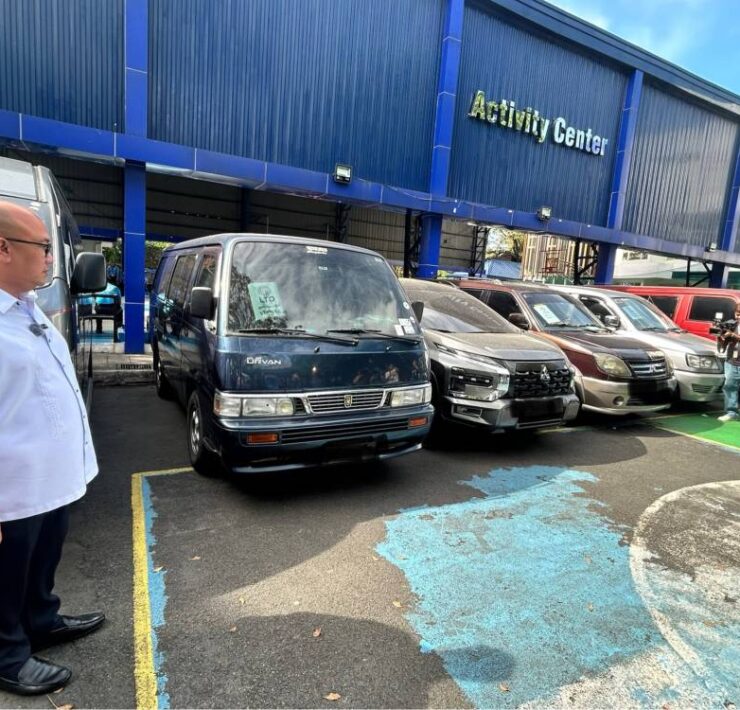DepEd, PRC ready new teachers’ exam
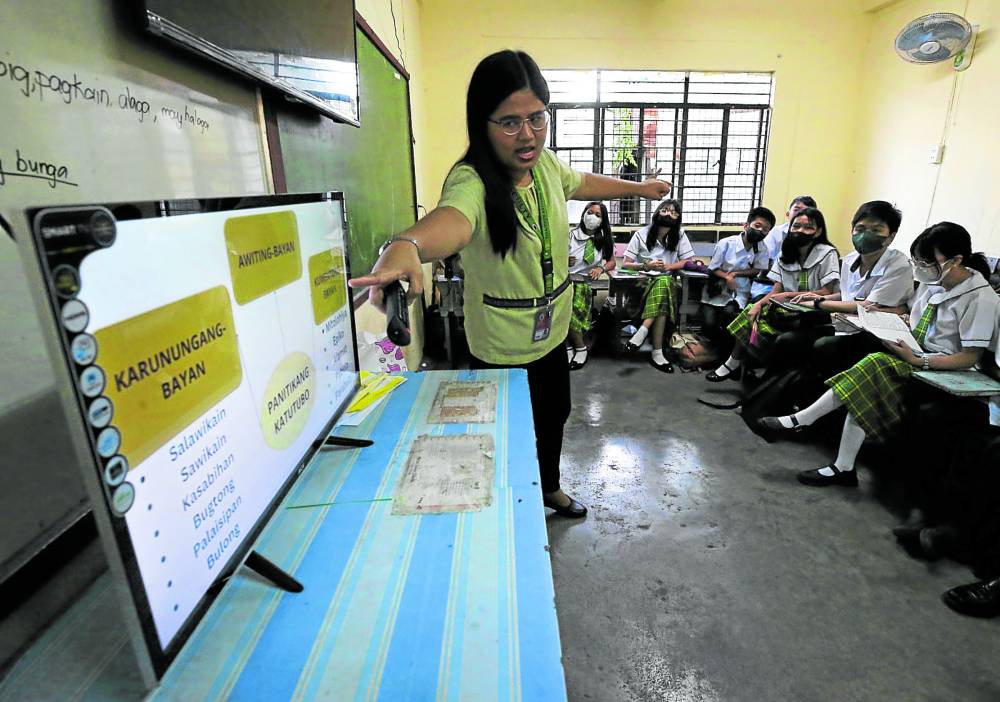
A restructured licensure examination for teachers is set to be rolled out by September, according to the Department of Education (DepEd) and the Professional Regulation Commission (PRC).
Similar to the country’s program for senior high school students, the new licensure test will distinguish teachers according to their specializations, or “tracks,” such as early childhood education and special needs education.
The two agencies signed a joint memorandum circular last week for the “phased implementation” of the new licensure tracks differentiating various specializations.
“This [circular] has the potential of addressing drawbacks in teacher supply, particularly in early childhood education and technical-vocational education in senior high schools, as graduates will be encouraged to take these programs in our teacher education institutions,” Executive Director Jennie Jocson of the Teacher Education Council (TEC), an attached agency of DepEd.
TEC, which is mandated to craft policies for the improvement of teacher education in both public and private schools, is chaired by Education Secretary Juan Edgardo Angara.
For his part, Angara stressed that schools “are only as good as our teachers,” and thus, their proper professional training and development leads to better quality of teaching for the students.
Quality assurance
Under this initiative, graduates of education courses would be assessed through exams “tailored fit to their field of study,” DepEd said.
This is critical in matching a teacher’s expertise to their assigned subjects, a “critical factor in improving instructional quality and learning outcomes across the basic education system,” it added.
PRC Chair Charito Zamora stressed that the restructuring of the exams for teachers would provide an “additional layer of quality assurance” of qualified teachers.
Based on the recent findings of the Second Congressional Commission on Education (Edcom 2), there is a “longstanding misalignment” between the teacher education and the licensure exams, resulting in a dismal passing rate among exam takers.
The curriculum is implemented by the Commission on Higher Education, while the licensure exams, locally called board exams, are crafted by the PRC.
There are also cases of mismatch between the subjects taught by teachers and their actual specialization.
Edcom 2 noted in its second annual report that about three out of five, or 62 percent of high school teachers, are “assigned to subjects that do not match their college majors.”
“Our ultimate goal is quality education, and we can only achieve this if we have teachers who truly understand what they teach,” Pasig City Rep. Roman Romulo, Edcom co-chair, said in a statement.
Various bills in Congress are also seeking amendments to update existing laws on teacher certification, including increasing examination transparency and creating multiple professionalization pathways, among others.
Pisa exams concludes
Meanwhile, DepEd announced that this year’s Programme for International Student Assessment (Pisa) examinations concluded on Friday.
The Pisa exams covered 208 schools that were randomly selected to come up with around 4 million students age 15 years old, which was the target population of the Organization for Economic Cooperation and Development, the organizer of the exams.
For this year’s Pisa participation, Angara wanted to introduce a “more robust and equitable testing environment” compared to the previous exams, whose results showed that Filipino students lagged in subjects, such as science, math and reading, from their 15-year-old counterparts.
“We must learn from the gains of this exercise and scale it for future initiatives,” he said in a statement.















